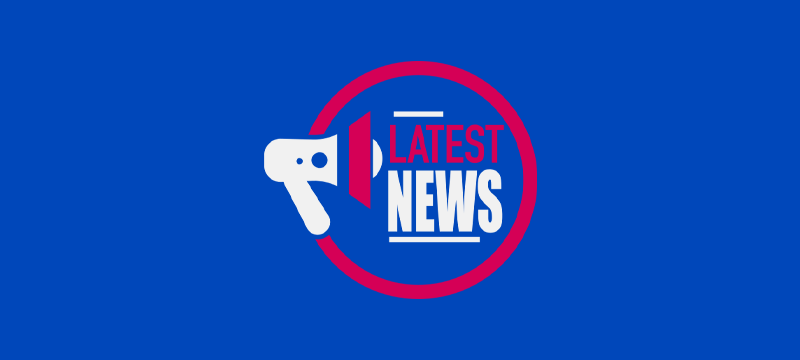Welcome to our latest round-up of news from the technology and hosting world. Here’s what we’ve discovered this week.
India now has mass connectivity
With a population of 1.35 billion, many living in remote rural areas, connecting the people of India to the internet might seem like a phenomenal task. It is, however, far more advanced in its plans than most people might think.
According to the latest figures, the country now has over 700 million broadband subscribers, of which the vast majority use mobile broadband. Indeed, only 21 million have wired or fixed wireless connectivity. Additionally, India has over a billion mobile phone subscribers who are making use of the growing network connectivity, including 5G, that is driving development across the country.
One company, Reliance Jio, dominates the domestic market with 57% of broadband customers. It’s doing so well that Google and Facebook have already invested in its shares. The company aims to become an e-commerce giant in its own right and wants to use Indian technology to further develop its infrastructure.
Despite most of the country now being connected, its population is so vast that the minority left is still far bigger than most other country’s domestic markets. Indeed, with India set to overtake China as the world’s most populated country in 2027, there’s plenty of growing room in the marketplace yet.
UK hygiene company adopts cloud
Hygiene, health and nutrition company, RB, manufacturer of leading brands like Dettol, Finish and Gaviscon, has announced plans to develop a major cloud platform that will help with the digital transformation of its factories and enable its 40,000 employees to collaborate and share information across its global operations.
The Slough based company, which sells 20 million products a day, aims to build the digital factory of the future, using the cloud to collect IoT data and carry out machine learning enabled, real-time analyses to improve operations and factory performance.
Additionally, RB aims to use the platform to work more closely with its global retailers, using data to understand how different markets perform and how demand for its brands change. Although it had carried out this process before, the use of cloud technology will now allow this to be done in real-time rather than it taking months.
Digital transformation boosts IT outsourcing
Wipro, the Indian outsourcing company, says its recent increase in IT services revenue is the result of companies accelerating digital transformation projects to reduce technology costs following the pandemic.
Many of its global customers believe that accelerating front and backend digital transformation, including cloud, AI and automation, is essential to stay relevant; helping them improve access to the market, add new sales channels, improve efficiency and optimise costs.
The company sees the banking and insurance, consumer and retail, energy and utilities and healthcare sectors being the major markets for digital transformation. Although Wipro has already recruited an additional 13,000 staff in the last quarter, it will now focus on hiring digital transformation architects, program managers and technology experts to help its customers expand technology skills, innovate and improve business understanding.
Morgan Stanley penalised for decommissioning old tech
US bank, Morgan Stanley, has been given a $60m civil penalty after it allegedly failed to decommission old hardware properly. While the bank denies liability, It was claimed that the servers, which belonged to its wealth management business, were retired without the company properly assessing the risks, using third-party subcontractors to do the decommissioning without carrying out due diligence or overseeing its performance and failing to maintain a record of customer data stored on the servers.
While no data breach resulted from the decommissioning, customers who may have been affected have been informed. It’s a reminder to all companies to be vigilant when getting rid of old technology.
Alphabet unveils crop inspection robot
Alphabet, Google’s parent company, has created a robot capable of inspecting the visible parts of every plant in a crop field. Moving on upright pillars, the robot glides above the plants, collecting vital data that can be used to improve crop yields, extend knowledge about how the plants grow and prevent problems like disease.
Designed to address the increasing global food demand and to find more sustainable ways of growing it, the robots have already been tested on strawberry and soybean crops. Here, they took hi-res images of every plant, counted and classified the berries and beans, recorded plant height, leaf area and fruit size. The data was then analysed using machine learning to identify patterns and provide helpful insights. This enabled farmers to treat individual plants rather than whole fields, reduce costs and minimise environmental impact.
Visit our website for more news, blog posts, knowledge base articles and information on our wide range of hosting services.



